The AI Romance Factory
bloomberg.com – Monday April 7, 2025

Genre fiction publisher Inkitt has influential backers and a vision for infinitely customizable A.I.-driven content. What would be left for the human creators?
Manjari Sharma hadn’t written much when she decided to start a novel. She’d graduated from university during the Covid-19 pandemic and was reading romance stories to quell her restlessness while locked down in her parents’ house in Lucknow, India. One day she settled into bed and started typing one of her own.
Sometimes in the months that followed, her parents would drift into the yellow-walled bedroom where she liked to work, and she’d scoot over so they could get on the bed and watch the epic series Mahabharat on TV. They knew she was writing but didn’t know the details. Sharma—whose pleasure reading had made her an expert on American romance—was drafting a novel that started with an overweight, insecure American high schooler named Keily being tormented by a hot football player. (“‘You’re fat and dumb,’ James had said with a condescending smirk, ‘like a pig. I should call you Piggy.’”) It would end with them falling in love.
Sharma started publishing installments of the novel on Wattpad’s free platform, titling it Fat Keily; after it was done, seven months later, she also put it on another free platform called Inkitt, based in Berlin. In both places, the novel attracted lots of readers and rapturous comments—“Punctuation be damned! I absolutely love this story!”—and before long, Inkitt was proposing that she move the novel from its free platform to its premium subscription-based platform, Galatea, where Sharma would receive a share of sales. She agreed, and her novel, renamed Keily, took off again. In early 2024 she learned Inkitt wanted to turn it into a series.
This time there was a catch. Sharma recalls being told that she was welcome to write the next books if she could get them done within a few weeks. Otherwise, Inkitt would hire a ghostwriter to do it, though her name would still be on the cover and she’d still get royalty payments.
Sharma had no real choice; her contract with Inkitt gave it the right to do just about anything it wanted with Keily, including come up with sequels. Plus, her life had gotten busy in the years since she first drafted the novel. She’d gotten a master’s degree in mathematics and started an internship in artificial intelligence at the Royal Bank of Scotland. She accepted the ghostwriting offer.
To read the full article on bloomberg.com, click here




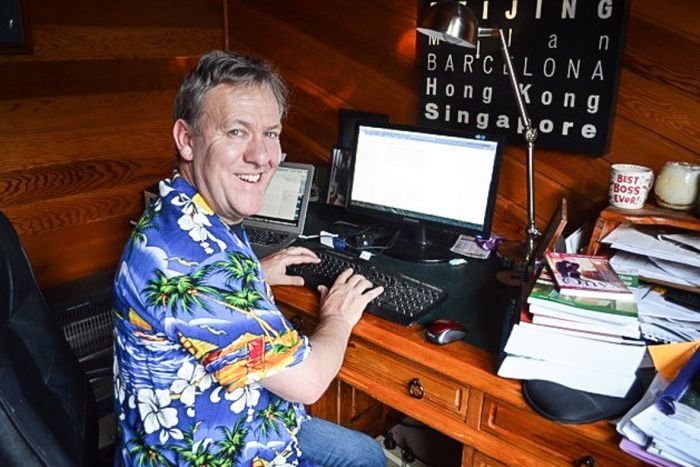 Romance and the bloke — Aussie male romance writers tap into billion-dollar industry
Romance and the bloke — Aussie male romance writers tap into billion-dollar industry Here's What It's Actually Like to Write Romance Novels for a Living
Here's What It's Actually Like to Write Romance Novels for a Living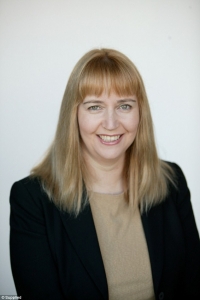 Meet the woman, 50, who earns a six figure income writing ROMANCE NOVELS while holding down a part time job (and it all started with a chat with the girls over wine)
Meet the woman, 50, who earns a six figure income writing ROMANCE NOVELS while holding down a part time job (and it all started with a chat with the girls over wine) Professional romance novelists can write 3,000 words a day. Here’s how they do it
Professional romance novelists can write 3,000 words a day. Here’s how they do it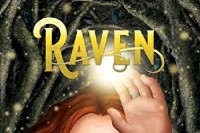 Paranormal and romance- a shared magic by Tracey Shearer, author of Raven
Paranormal and romance- a shared magic by Tracey Shearer, author of Raven Valentine’s Day: Four authors share their thoughts on writing romance
Valentine’s Day: Four authors share their thoughts on writing romance Writing a Romance versus Writing a Mystery
Writing a Romance versus Writing a Mystery How Annette Lyon Went From Writing "Sweet Romance" to Suspense
How Annette Lyon Went From Writing "Sweet Romance" to Suspense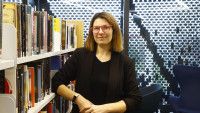 Super trope-r: When writing romance is your bit on the side
Super trope-r: When writing romance is your bit on the side A Romance Bookstore Boom
A Romance Bookstore Boom Romance fiction authors reveal their secrets to writing about love and sex
Romance fiction authors reveal their secrets to writing about love and sex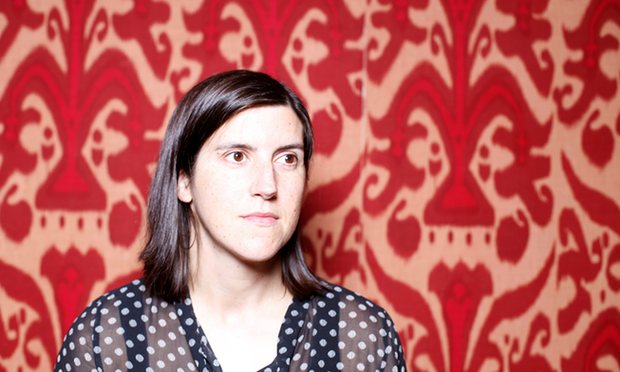 Are most romance novels badly written?
Are most romance novels badly written?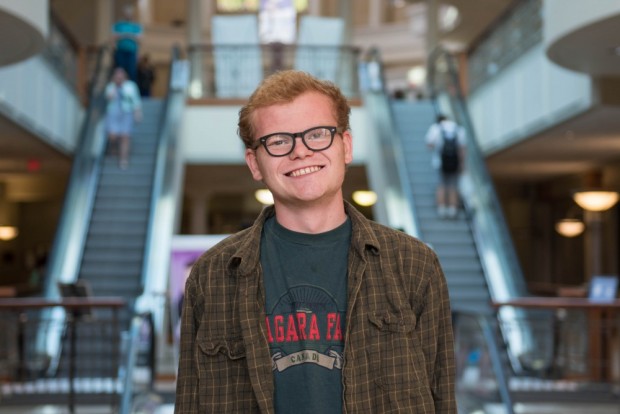 Odds and Ends: The false romance of writing
Odds and Ends: The false romance of writing Promotional tips
Promotional tips What's in a name? Giving birth to your characters
What's in a name? Giving birth to your characters How I got a literary agent - An interview with author Adrienne Schwartz
How I got a literary agent - An interview with author Adrienne Schwartz Winning writing competitions
Winning writing competitions How I found a publisher - An interview with author, Jack Walker
How I found a publisher - An interview with author, Jack Walker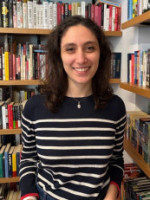 New Literary Agent Listing: Lily Dolin
New Literary Agent Listing: Lily Dolin Top literary agent and businessman Esmond Harmsworth dies at 57
Top literary agent and businessman Esmond Harmsworth dies at 57 New £10k writing prize launched at Sherborne Travel Writing Festival
New £10k writing prize launched at Sherborne Travel Writing Festival 9 Companies Hiring Remote Freelance Writers In 2025
9 Companies Hiring Remote Freelance Writers In 2025 University of Liverpool seeking literary stars for 500-word writing competition
University of Liverpool seeking literary stars for 500-word writing competition A look ahead to the 2025 Bournemouth Writing Festival
A look ahead to the 2025 Bournemouth Writing Festival Johnson & Alcock and New Writing North unveil new award for debut writers
Johnson & Alcock and New Writing North unveil new award for debut writers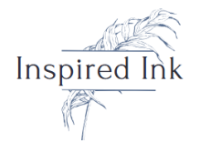 New Literary Agency Listing: Inspired Ink Literary
New Literary Agency Listing: Inspired Ink Literary Writing festival to host first naked workshop
Writing festival to host first naked workshop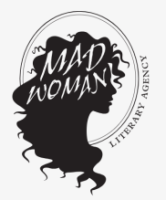 New Literary Agency Listing: Mad Woman Literary Agency
New Literary Agency Listing: Mad Woman Literary Agency The Laurie Lee Prize for Writing: submissions now open
The Laurie Lee Prize for Writing: submissions now open Scandal-hit creative writing website NaNoWriMo to close after 20 years
Scandal-hit creative writing website NaNoWriMo to close after 20 years Bournemouth to host romance writing festival for writers
Bournemouth to host romance writing festival for writers New Publisher Listing: Adventure Books by Vertebrate Publishing
New Publisher Listing: Adventure Books by Vertebrate Publishing
